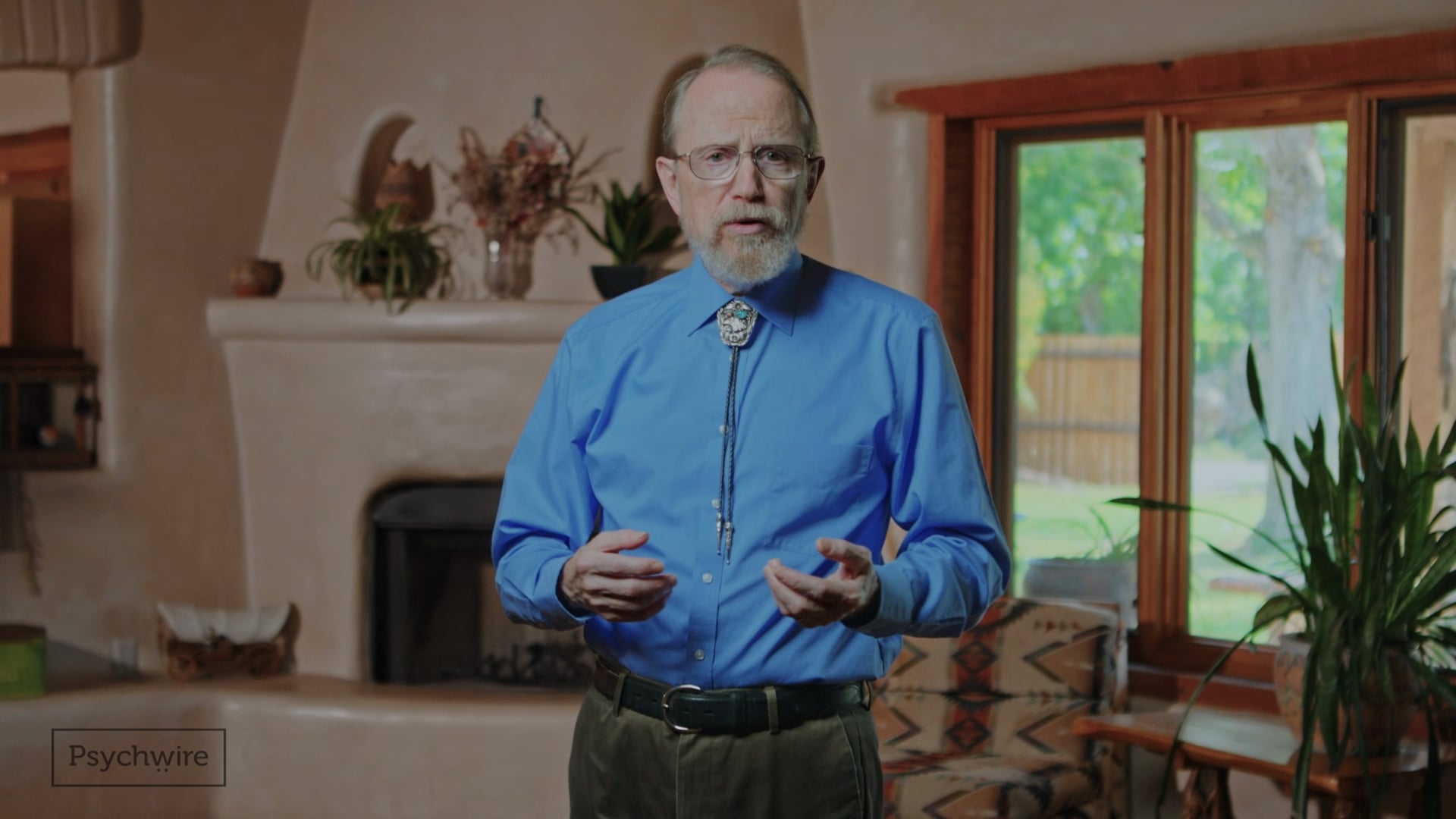
Introduction to Reflection Skills
 Motivational Interviewing - Foundational
Motivational Interviewing - FoundationalA fundamental skill in empathic understanding is reflection. Now there are many different kinds of reflections, and we'll be going into some of those. But essentially, what it is is giving back to the person what you have understood of what they said. Think about a normal communication. Someone has a meaning before they speak.
They turn that meaning into words, and sometimes meaning gets lost there because people don't always say what they mean exactly, then you have to physically hear the words and you might mishear them. And then the words that you heard, you need to interpret and figure out what does that mean. It's not a good idea to respond to what you think the words that you believe you heard meant. Because it could be wrong at any of or, any one or more of three different places.
The person didn't say what they meant or he didn't hear it right or you're you're not quite understanding. And so reflection completes that cycle and tells the person, here's here's what I heard. Now you don't have to put fancy words around it. You don't have to say. What I hear you saying is that you, man, that that sounds weird.
I mean, it's clear you're doing something unusual when you do that. Unnecessary. And we'll get into the skills of, but that's the importance of it to to reflect back to the person you are understanding. Now how is that useful? It's useful to you because you will get clearer and clearer what the client is actually experiencing, what they actually mean. If your reflection guess is wrong, no problem. The client will will fix it.
The client will tell you what they really do mean. But you're moving closer and closer, deeper and deeper, understanding what this person is experiencing. And sometimes it's surprising how fast and how deep it moves. But it's also of use to the client. It allows them to hear again and reflect on what they really do mean, what they're experiencing, and spend some time with it. And that's a fundamental process in person-centered approaches in the client-centered counseling, that the client gets to spend some time hearing talking about reflecting on what they're experiencing and understanding it better.